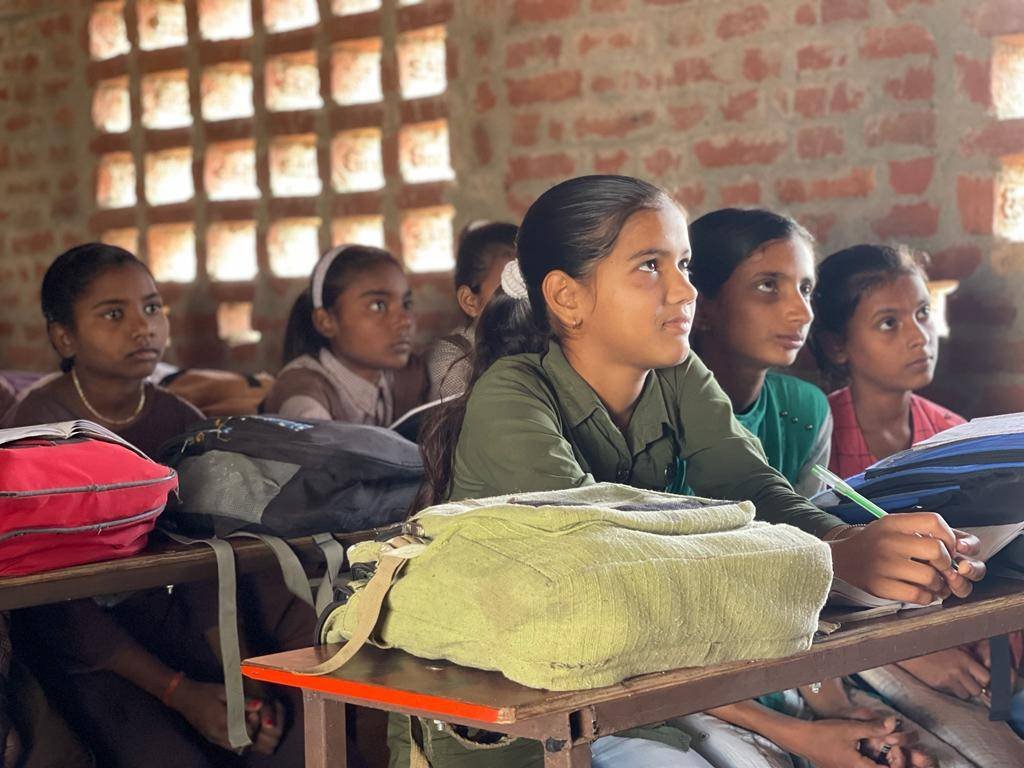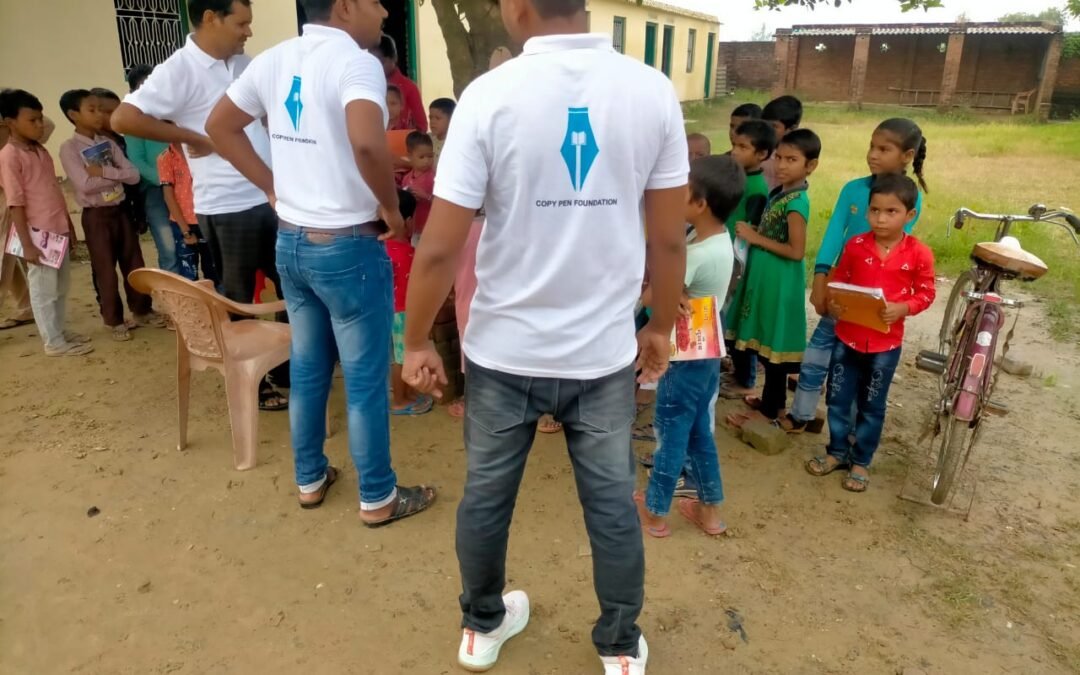It’s very disappointing to state that India is a second home to illiterates around the globe. Being illiterate has many negative consequences for the life of a person. Besides being jobless it also lowers the quality of life.
There are several reasons why NGOs (non-governmental organizations) are involved in education in India:
- Gaps In Government Education System: Despite the Indian government’s efforts to improve education, there are still significant gaps in the education system, particularly in rural and marginalized areas. NGOs can fill these gaps by providing education to children who would otherwise not have access to it.
- Innovative Approaches To Education: NGOs often have more flexibility than government institutions to try new approaches to education. They can experiment with new teaching methods, curriculum, and technologies that can improve the quality of education.
- Addressing Specific Needs: NGOs can focus on specific needs that may not be addressed by the government, such as educating children with disabilities, providing vocational training, or promoting girls’ education.
- Local Knowledge And Community Involvement: NGOs often have a better understanding of local contexts and can work more closely with communities to address their specific needs. This can help build stronger relationships between the education providers and the communities they serve.
- Philanthropic Support: NGOs often rely on philanthropic support to fund their work, which can help provide resources and support for education programs that may not be available through government funding.
- Overall, NGOs play a crucial role in promoting education in India, particularly in reaching marginalized communities and providing innovative approaches to education.

An illiterate person has low esteem and lacks confidence. Hence, the government of India has made free and compulsory education for all children between the age of six to fourteen years. It’s a fundamental right of a child to get an education.
But the ground reality is much far away from this. 50% of Indian children between the age of six to eight years refrain from the right to education. Hence, NGOs for education in India have started erupting at in fast pace.
Such NGOs working for education are in collaboration with the government of India. We help in improving the school learning environment and also empower the school management. Plus, NGOs also aid financial help to such financially deprived schools.
Copy Pen foundation is an NGO in the education sector in India working for imparting education. This foundation has been founded on July 5, 2020. Its mission is to impart quality education to children deprived of quality education.
Copy Pen Foundation based in Delhi has plans to expand its NGO operation all over pan India. Besides imparting quality education, we also help in improving the standard of living for poor children. This could only help in breaking the cycle of poverty.
We call our citizens of India to join hands with our Copy Pen Foundation to endeavor our mission. Our Foundation accepts funds all over India just to make India a literate country.

